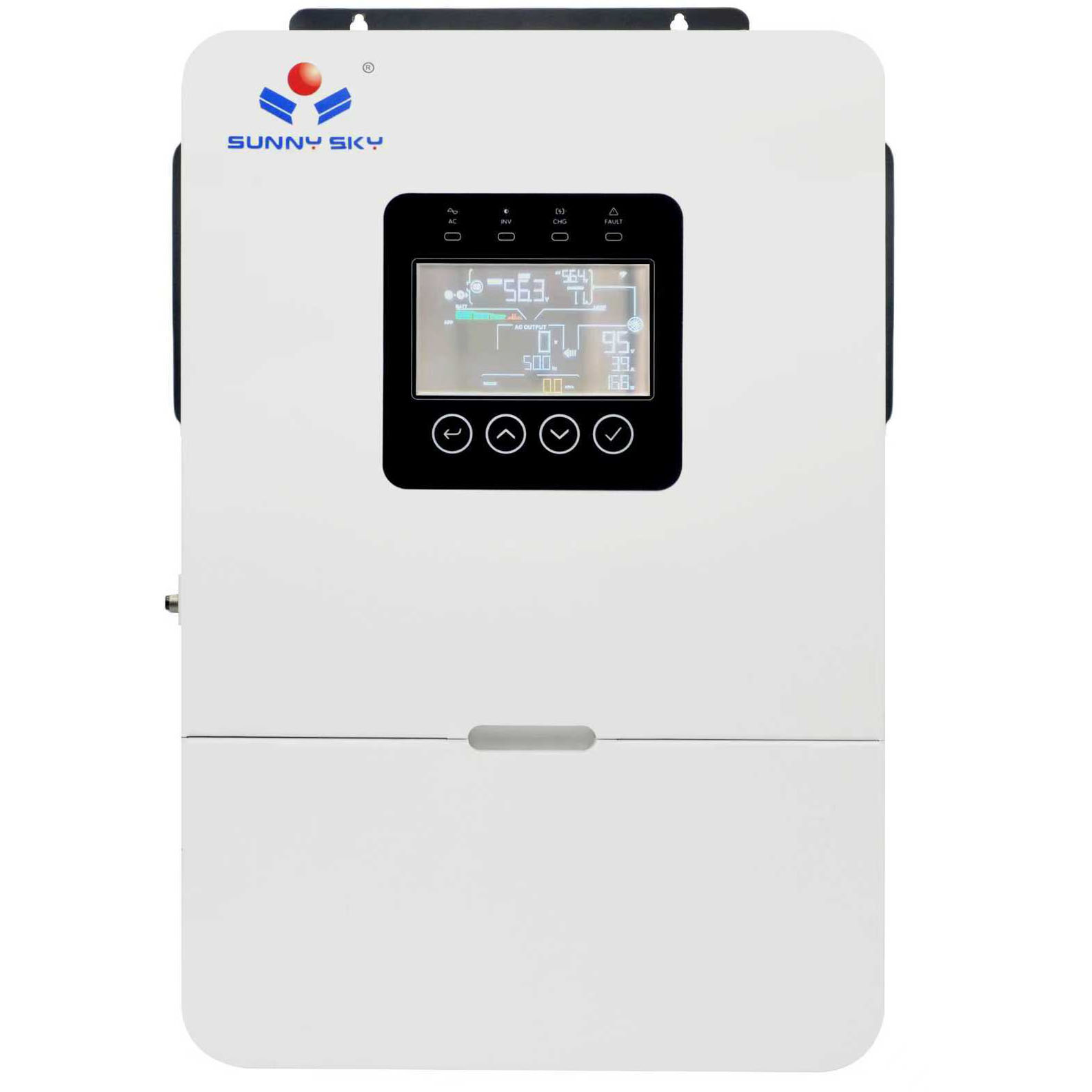The Challenges of Inefficient Solar Energy Management
In the realm of renewable energy, MPPT Solar Charge Controller technology addresses the growing problem of suboptimal energy harvesting from solar panels. Many users face issues like energy loss, reduced system efficiency, and inconsistent power delivery in traditional solar setups, which can lead to higher costs and environmental waste. For instance, older charge controllers often fail to adapt to varying weather conditions, resulting in underperformance and frustration for homeowners and businesses alike. This keyword highlights a solution that maximizes solar power utilization, but first, let's explore the common hurdles in solar energy systems.

Common Problems with Traditional Solar Charge Controllers
One major issue with conventional solar charge controllers is their inability to efficiently track the maximum power point of solar panels, leading to significant energy wastage. Users often deal with problems such as overheating batteries, shortened lifespan of energy storage systems, and unreliable power output during cloudy days. For example, "solar charge controller" systems without advanced features might not handle different battery voltages effectively, causing inefficiencies in setups ranging from small residential installations to large-scale operations. Additionally, "solar battery charger" technologies can struggle with compatibility, making it hard to integrate with modern solar panel technology. These challenges not only increase maintenance costs but also hinder the overall adoption of sustainable energy solutions, as systems fail to deliver the expected return on investment.
Introducing MPPT Solar Charge Controller as the Ideal Solution
To combat these inefficiencies, the MPPT Solar Charge Controller emerges as a cutting-edge solution that optimizes solar energy conversion and storage. This technology employs advanced Maximum Power Point Tracking to extract up to 30% more energy from solar panels compared to traditional methods, ensuring that "charging controllers" like those in the TYC Series adapt seamlessly to environmental changes. For instance, models such as the TYC-40IR and TYC-60IR support a wide range of battery voltages and input powers, making them versatile for various applications. By integrating features like real-time LED displays for monitoring and RS485 ports for remote management, this controller enhances "smart solar controllers" functionality, prolonging battery life and improving overall system reliability. Users can easily query system data, adjust settings, and achieve better energy storage, transforming their solar power technology into a more efficient and user-friendly setup.
Maximizing Benefits and Long-Term Advantages
Beyond immediate problem-solving, adopting an MPPT Solar Charge Controller offers long-term benefits that promote sustainability and cost savings. This solution not only boosts "solar energy controller" efficiency but also supports diverse battery types, ensuring compatibility with evolving "energy storage systems". With options like the TYC-80IR and TYC-120IR for higher power needs, users can scale their systems without compromising performance, leading to reduced energy bills and a smaller carbon footprint. In practice, "solar charge regulator" features such as intuitive interfaces and fault monitoring prevent common pitfalls, making solar power technology more accessible. By addressing the core issues of inefficiency and unreliability, this controller empowers users to harness renewable energy effectively, fostering a greener future while delivering reliable, high-performance results.



